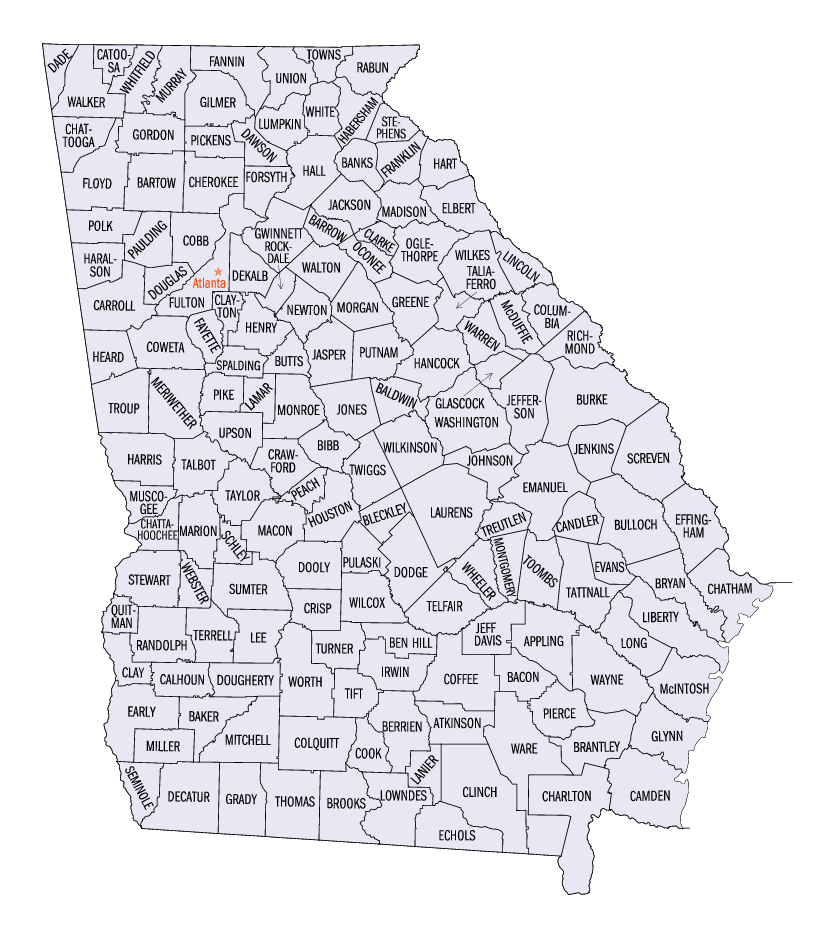“The War Powers Resolution is unconstitutional,” Mike insisted loudly over the din in the bar. He and Socrates had been arguing about whether President Trump had the authority to bomb Iran’s nuclear facilities without congressional approval. I was present to witness the argument, and heard the following:
“How so?” Socrates asked.
“The President is the Commander-in-Chief of the armed forces. That means he gets to decide when and where he will send our military, and what operations it will engage in. It’s none of Congress’s business.”
“Oh, I see,” Socrates replied. “I thought you were referring to the fact that the law gives the President a sixty day window to commit our troops before he can be reined in by Congress.”
Mike laughed. “No, why would I be saying that?”
“Because that’s what the statute says.” [1]
“That’s why I think it’s unconstitutional. The President is in charge of the armed forces, and we have separation of powers in this country.”
“We do,” Socrates replied. “And aren’t those powers specified in the Constitution?”
“Sure.”
“And to which body is given the power to declare war?”
“To Congress. But you’re missing the point.” [2]
“What point?”
“That the President is Commander-in-Chief of the armed forces.”
“Okay, I’m starting to see now. You’re saying that the President shouldn’t be restricted at all in his use of the military, whereas, when I first heard you, I thought you were objecting because the War Powers resolution gives the President the ability to introduce the military into hostile situations for sixty days before he has to consult with Congress.”
“No,” Mike laughed. “My objection is that Congress has any say in the matter at all.”
“Well, then, what does the Constitution mean when it says that Congress has the power to declare war?”
“Just that. Congress has the power to declare war. But that doesn’t mean that the President doesn’t have the power to direct the military as he sees fit.”
“How doesn’t that interpretation of the Constitution render the power of Congress to declare war a meaningless formality?”
“Perhaps it has something to do with international law. Ask the Framers.”
“I can’t ask the Framers, seeing as they are dead. But doesn’t current international law prohibit military force unless a country is attacked or is authorized by the UN Security Council?” [3]
Mike laughed dismissively. “Well, if you want to pay attention to the United Nations Charter.”
“But isn’t the United Nations Charter an international treaty to which the United States is a party?” [4]
“Yes.”
“And doesn’t the Constitution provide that treaties entered into by the United States are to be considered the law of the land?”
“Yes.”
“But was the United States attacked by Iran?”
I could tell that Mike was starting to become uncomfortable. “No.”
“And did the UN Security Council authorize an attack on Iran?”
“No.”
“So, how was the attack on Iran not totally unlawful?”
“Look, Socrates,” Mike said with a tone of frustration. “Iran was building a nuclear bomb. That’s totally unacceptable.”
“Didn’t U.S. Intelligence tell us that wasn’t so?” [4]
“The President thought otherwise.”
“Then why couldn’t he make his case before the Security Council if he was so certain?”
“Why do you think the President should ask permission from the Security Council?”
“Because it’s the law?”
“Look, I don’t go in for this radical socialism that you’re espousing.”
“Honoring treaties and obeying the law are radical socialism?”
“They are if they’re used as an excuse to go against the interests of the United States.”
“Are you saying that the Constitution is against the interests of the United States?”
“I didn’t say that.”
“I thought you did when you said the United States should violate the UN Charter. But aren’t you aware that at the Constitutional Convention the original wording of the War Powers clause was that Congress was empowered to ‘make’ war, rather than ‘declare’ war?”
“I was.” (The way he replied made me think that he really wasn’t)
“And do you know why they changed it to ‘declare’?”
“I can’t say that I do.”
“It was because they wanted the President to have the power to repel sudden attacks.” [5]
“Well, now,” Mike said with an air of triumph, “doesn’t that make my point?”
“How so?”
“They wanted to make it clear that the President had the power to act militarily without asking Congress for permission.”
“In the case of sudden attacks only. Otherwise Congress was given the war power. That’s why Congress said in the War Powers Resolution that its purpose is to “fulfill the intent of the framers of the Constitution of the United States…,” [6] and that the “President in every possible instance” should “consult with Congress before introducing United States Armed Forces into hostilities or into situations where imminent involvement in hostilities is clearly indicated by the circumstances….” [7] Do you see what I’m trying to convey?”
“I understand your point,” Mike said. “But I think that the President should be the one to decide what to do with the military.”
“I’m more comfortable with such decisions being collective ones,” Socrates replied. “But I suppose you can always write your Representative in Congress and suggest that the Constitution be amended.”
--Jack Quirk

.jpg)







.jpg)



